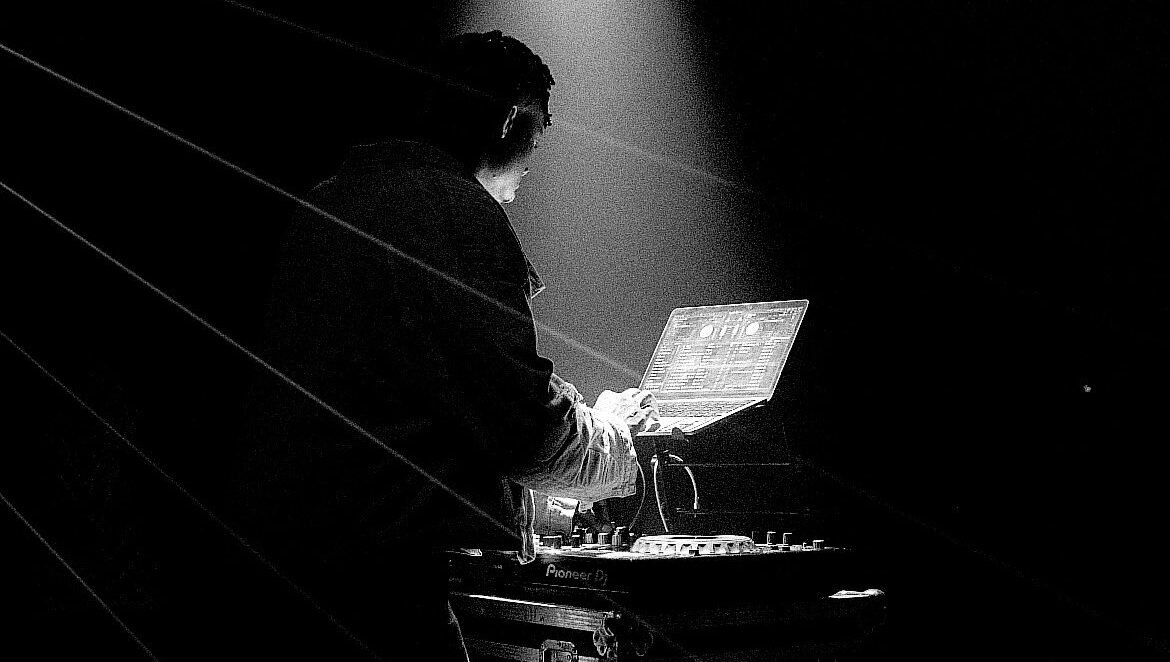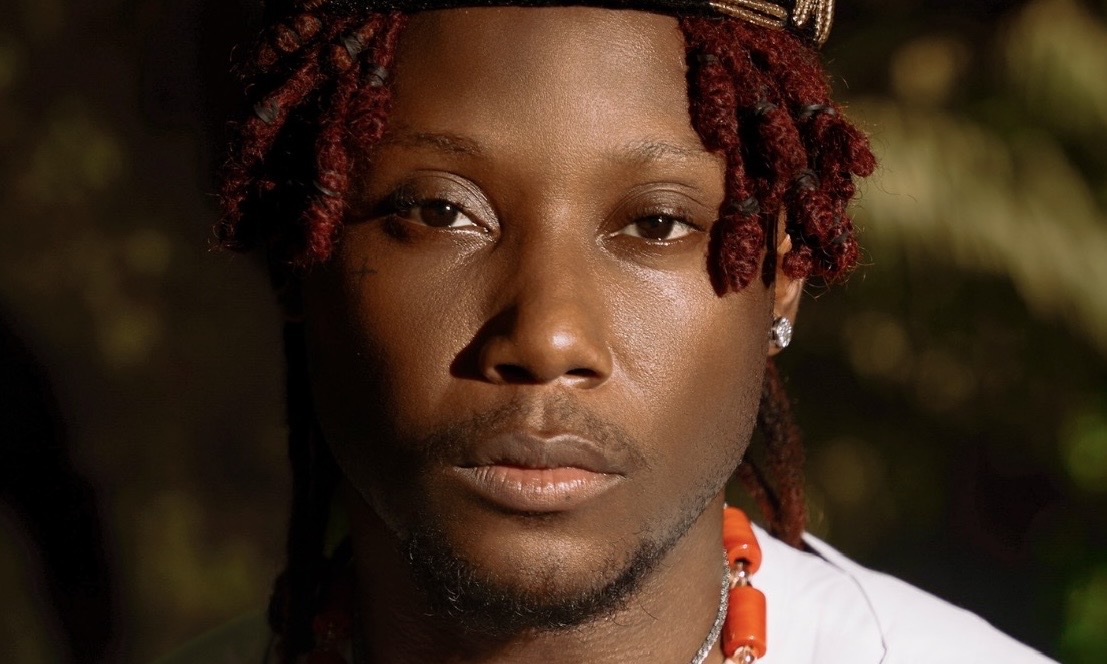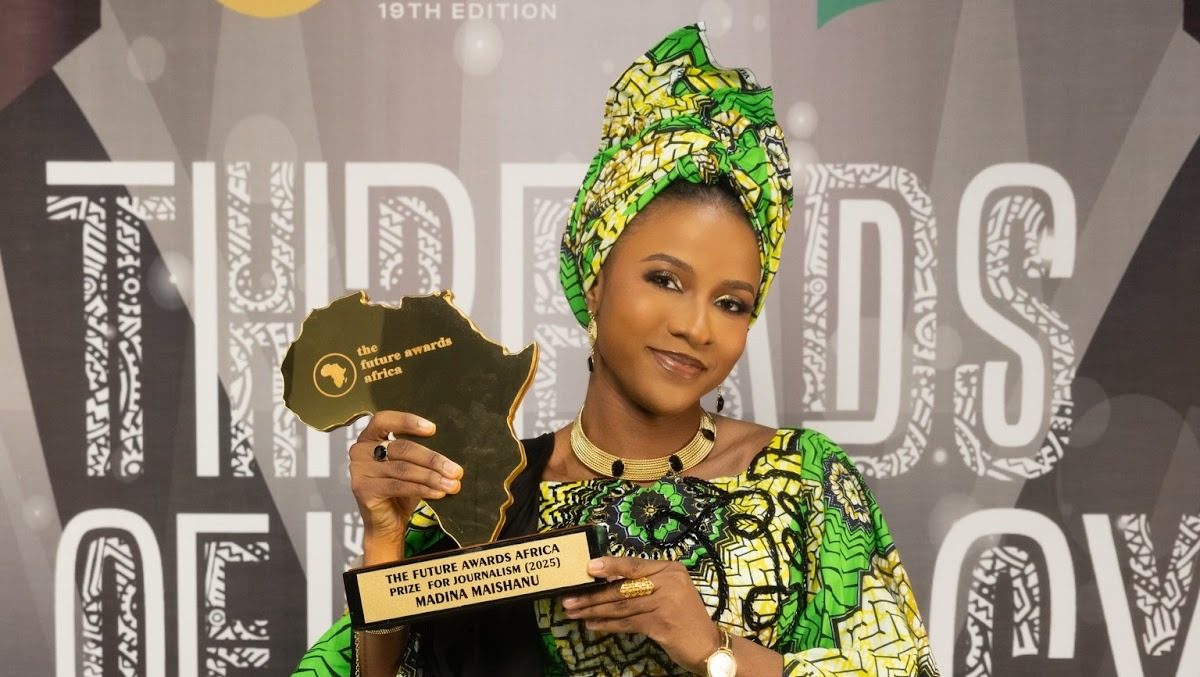By Owoeye Olukorede
It’s DJ Naffy’s event, on a cold Saturday night in Lagos. DJ Titanium and Uncle Bubu have just finished playing their sets, and we’re in a quiet corner, having a conversation with Crayvelli about DJs and the Nigerian entertainment space. It’s a sad one. All three DJs are visibly frustrated with the current state of things — and how the climate is shaping the work they do.
We talk for close to an hour, and one thing is painfully clear by the end: there’s fire on the mountain of the Nigerian DJs scene, and nobody seems to be on the run.
Once upon a time, DJs were just DJs — the anonymous figure behind the booth, whose only job was to keep the music going. Nobody really cared who it was, as long as the vibe stayed alive.
But over time, things shifted. A drastic transformation happened: DJs went from background players to main attractions.
There was a time in Nigerian music when DJs were landmarks. In the ‘90s and early 2000s, DJs were the custodians of sound. You could argue that the earliest form of gatekeeping in the Nigerian music scene started with them. They decided what got played. They set the tone at weddings, at parties, on the radio — basically, they were the cultural filter.
The radio era only made DJs more essential. They became tastemakers, setting the mood and shaping what was considered “cool.”
The right DJ’s co-sign could literally change an artist’s career, both in terms of airplay and live gigs. In Nigeria, one name defined this golden era: DJ Jimmy Jatt — the godfather of Nigerian hip-hop. Kids knew who he was. They wanted to be like him. He brought more than just spinning to the game. He created Jump Off, a freestyle platform that helped launch artists like Dagrin, Olamide, Vector, and Wizkid. He pioneered the DJ mixtape era. Suddenly, DJs weren’t just curators — they were creators.
Then came the late 2000s and 2010s. A new crop of DJs emerged with something fresh: personality and branding. DJ Sose came with the face tattoo. DJ Spinall had his signature cap. DJs started hosting radio shows, doing interviews, and making themselves seen.
Titanium says, “I used to stay awake to listen to Consequence on Soundcity. In fact, there’s almost no DJ now that didn’t.” Crayvelli and Uncle Bubu both nod hard in agreement.
They start reflecting. DJ Kaywise and DJ Neptune kept the mixtape culture alive — and basically ruled street carnivals. Kaywise took it up a notch with his signature drum loops. Others like DJ Xclusive made it standard practice for DJs to release original songs featuring major artists. The DJ was now a full-on artist in his own right.
They also talk about the rise of female DJs in this era — DJ Lambo, DJ Switch, DJ Cuppy — all of whom challenged the assumption that DJs had to be men.
They’re proud of the journey. But now? They’re sad. “It’s hard to be a DJ in Nigeria now,” Uncle Bubu says.
When I ask why, Titanium doesn’t miss a beat.
“DJs don too many for Lagos. I no blame anybody o, everybody dey hustle, but e dey lead to many things. First, dem go price you useless. If you call one million for a gig, dem know say another DJ dey wey go collect 50k for the same thing. The supply is outweighing the demand.”
“It’s even crazier,” Crayvelli adds, “because now all the DJs come and play the same thing. Everybody plays Apple Music Top 100. They spin all the hits and leave nothing for the next DJ — just so they can post a fire clip on Instagram.”
“Once you hear Fein, you know Ozeba comes next, then Shaolin. Nobody can even pick, say, 2009 or 2012, and just run with the bangers from that year. How many of them can even play a proper one or two-hour set? Everybody just does 30 minutes, plays all the hits, and then starts asking if the next DJ is around. Shame.”
“The crowd ends up hearing the same song six times at a five-hour event,” Uncle Bubu says. “How do you expect it to still hit by the third or fourth time? Nobody even knows the purpose of filler songs anymore. Sleeper hits. I’d play Eko Miami, and trust me — it’s going. The crowd will vibe.”
They’re visibly down. Titanium blames the lack of community.
“There’s saturation and no regulation. Everyone’s running their own race, and they don’t care how their footsteps affect other people on the track. Event organizers see this and underprice DJs. Everybody suffers. Truth is, there’s no event without a DJ — but now, we’re treated like background noise. Like we’re minor.”
“We’re losing our role and our power,” he continues. “That’s why new DJs are focusing on one standout thing for branding. Like Dope Caesar with her transitions. And no be say she no bad o — she bad before she even blow. But she had to stand out, and now the transitions have made her a star. Same thing with Six7even and Amapiano. He’s picked a space and owned it.”
“The OGs were brands. That’s why Xclusive could drop a song with Wizkid. Neptune with Joeboy. Ecool with Davido. But now, none of that is happening. You won’t see Asake, Rema or Omah Lay dropping a song with a DJ. The biggest stars used to celebrate DJs. Not anymore.”
Titanium pauses, then adds, “The crazy part is, if just one of them does it, the whole space will follow. The problem is nobody wants to take the risk and set the template.”
Another issue: global representation.
“Spinall’s global sets — he doesn’t even play the original versions of his own records,” Titanium says, visibly upset. “He plays remakes, tuned for wherever he’s performing — beat edits, dance versions, whatever. So if Afrobeats is being altered at that level, how do we at home preserve the core sound?
I tell them part of the problem is that modern entertainment is increasingly visual. The crowd hears the hypemen, sees the artists. They barely notice the DJ. In fact, they’re so focused on vibing that they forget to see the one making them vibe.”
They agree.
“That’s why DJs are trying to have their own events now,” Uncle Bubu says. “Places where the DJ is the main event, not just the support act.”
Titanium nods. “But it’s hard. People still don’t see DJs as bankable. They’ll rather just pay you to play a short set, and use their budget to book a superstar to highlight the event.”
He brings up his own event.
“I sold out, and I got support, but I still spent my own money. I drink garri — no worry. I no go drink garri ke? Eh?”
We laugh, but the pain behind the joke sits heavy in the room. We shift the conversation to solutions.
All three agree on one thing: community.
It’s already starting, slowly. DJ Obi has Obi’s House — born out of COVID lockdown boredom, now a global event drawing in A-list stars every Monday. DJ Palmwine is holding it down with Palmwine & Friends, a key space for the next-gen scene. Six7even hosts Even in the Day every month. Titanium throws No Titanium, No Party annually. More DJ-led events are rising by the day.
Poetically, this whole conversation is happening at DJ Naffy’s event — Ctrl.
Afrobeats to the world has been a gift. It’s sold Nigerian creativity across oceans. It’s made global stars out of homegrown talent. It has put money in people’s pockets.
But like most fast-paced relationships in Lagos, it’s also taken from us. It’s taken more than we’re willing to admit. And one of the most underappreciated casualties is the DJ.
“I’m inspired,” Titanium says, as the night winds down.
“If Jimmy Jatt could shut down the country when I was a kid… and Spinall is doing global tours now in my youth… I know Nigerian DJs can go even higher. The boundaries are being pushed. New doors are opening with every turn. There’s just a lot slowing us down — the next generation. The OGs are already the OGs. I just don’t want the ecosystem to kill our growth.”





